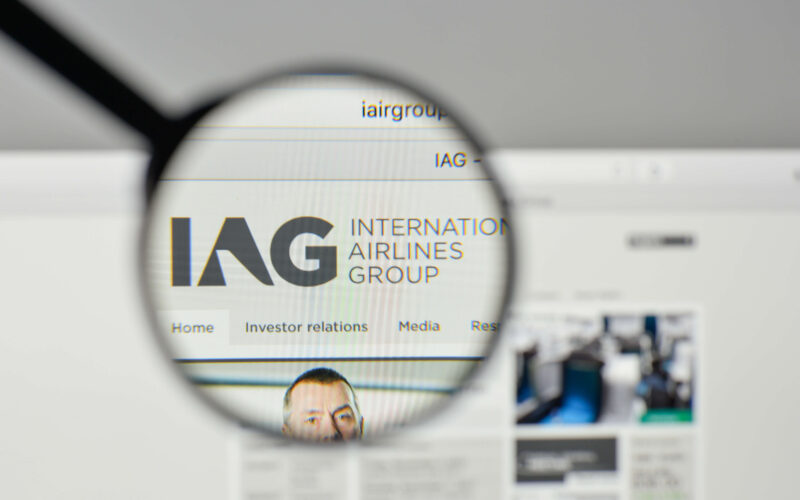The global coronavirus pandemic, coupled with a Saudi Arabia-Russia price war, sent oil prices dwindling down to historic lows. Headlines read that prices went into the negative, implying that one could be paid to take oil barrels. While under usual circumstances airlines would celebrate the fact, the prices were a blessing in disguise: a disguise that does not bring good fortune, but rather pain and anguish in the accountant’s heads.
As airlines release their financial results, the picture becomes clearer that they are set to lose a big amount of money. While revenue streams dried up, yet fixed costs still flow out. One of the big problems for some is fuel and its price, which spiraled to unforeseen lows over the past few months, as they over-hedged. As fuel prices dropped, hedges on prices that could be considered normal under ordinary market conditions, were too high and airlines lost a fair share of cash.
International Airlines Group (IAG) (IAG), the parent company of Aer Lingus, British Airways and Iberia, and two low-cost brands LEVEL and Vueling, for example, is set to take an exceptional charge of $1.6 billion (€1.5 billion) due to over-hedging towards the full-year bill. For Q1 2020 alone, the exceptional charge that is also related to currency fluctuations equaled to $1.42 billion (€1.32 billion).
Overall, IAG posted an operating loss of $1.9 billion (€1.8 billion), as revenues and capacity fell by 14.5% and 10.5% compared to Q1 2019, respectively.
On the bright side for the airline group, it managed to trim its costs significantly: from $474 million (€440 million) to $215 million (€200 million) per week, stated the earnings presentation. Furthermore, IAG increased its liquidity from $10.2 billion (€9.5 billion) to $10.7 billion (€10 billion) from in a month’s time.

